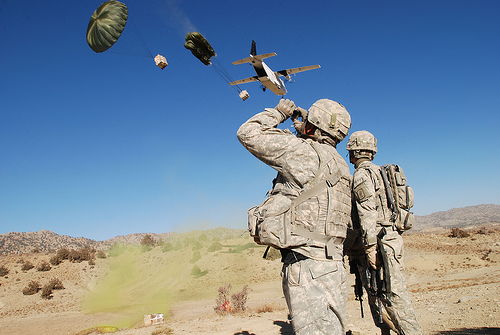
On 4 and 5 November, the Center for Security Studies (CSS) at ETH hosted an academic workshop entitled “The other sides of Afghanistan: A regional perspective on security issues in Afghanistan”. It was organized by Dr Stephen Aris and Dr Aglaya Snetkov (CSS) and supported by a grant from the Swiss National Science Foundation. The focus of the workshop was on the regional dimensions of the security situation in Afghanistan.
Ahead of the proposed US and NATO withdrawal from military operations in Afghanistan by 2014, many analysts are now arguing that the role and influence of regional powers and neighboring states in Afghanistan have become increasingly important and that an effective solution to the current instability in Afghanistan will require a coordinated regional approach. To evaluate the prospects for and likely nature of regional cooperation on Afghanistan, the goal of the workshop was to analyze the perceptions and responses of neighboring and regional states to the security situation in Afghanistan, as well as their views on the implications of the proposed Western withdrawal in 2014. To this end, area studies and country-experts on the states bordering Afghanistan (China, Iran, Pakistan, Tajikistan, Turkmenistan and Uzbekistan) and regional powers and states in close proximity (Russia, India, Kazakhstan and Kyrgyzstan) gave presentations about these countries’ perceptions, strategies and policies towards Afghanistan. In addition, experts examined the view and approach of NATO and Afghanistan itself to a regional solution, while regional analysts examined the transnational security and economic dynamics between the states of the wider Afghan neighborhood.
In assessing the prospects for a regional multilateral approach, most of the contributors to the workshop were pessimistic, questioning the feasibility and viability of a coordinated regional solution emerging in the near future. Indeed, most argued that the tension between the different regional players, as well as their differing aims in and relations to Afghanistan, suggest that most interaction within the region remains bilateral and trilateral. The discussants also concluded that although Afghanistan lies geographically at the crossroads of a number of regions, namely Russia and Central Asia, South Asia, Middle East and East Asia, these regions remain quite distinct from one another. In other words, despite the variety of interrelated security dynamics between them centered on Afghanistan, there is a lack of a common consensus and perceived interest that could form the background to an obvious and immediate coordinated regional plan. Therefore, in spite of the plethora of international conferences and meetings aimed at the development and establishment of a common regional approach to the stability and security in Afghanistan, such as the recent Istanbul Conference or the upcoming Bonn Conference in December, the prospects for a coordinated regional solution to security in Afghanistan do not seem particularly promising.
An edited volume will be produced on the basis of the conference. We will keep you posted.

